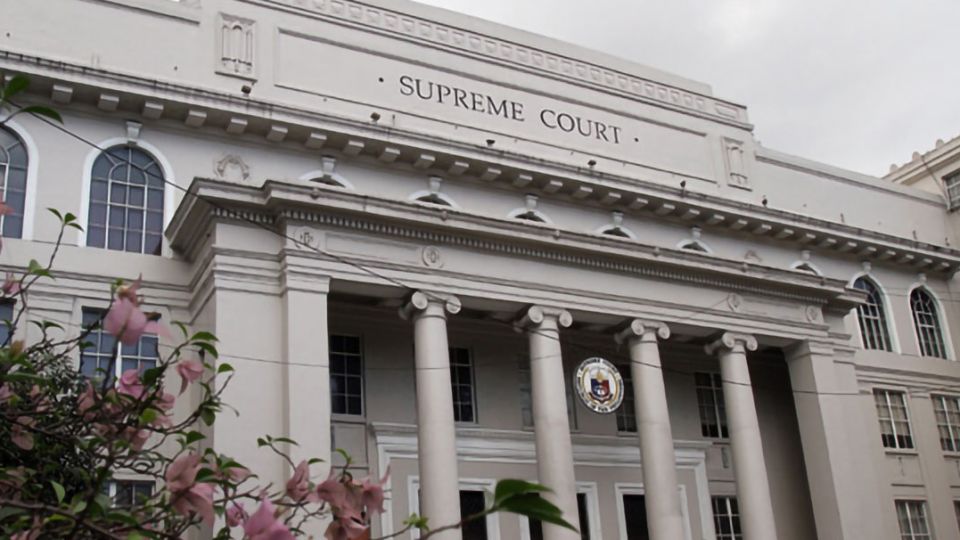May 3, 2024
MANILA – Overseas Filipino workers (OFWs) based in the Kingdom of Saudi Arabia (KSA) received financial aid to take this year’s Shariah Bar examination (SBE) in the Philippines, one of the most inclusive initiatives of the Supreme Court for professionals seeking to work in specialized courts for Muslim personal laws.
Associate Justice Maria Filomena Singh on Thursday told reporters that four OFWs from KSA applied and qualified for the financial grant that covered the airfare and accommodations during the 2024 SBE, which happened on April 28 and May 2.
For the first time since the SBE was conducted in 1983, Singh said 30 OFWs in Saudi were allowed to participate in the hybrid format of the Shari’ah training seminar (STS), a prerequisite to qualify them to take the Shariah Bar.
“The Court, upon endorsement from the Department of Foreign Affairs, approved the request from the Philippine Embassy in Riyadh to allow interested overseas Filipino workers based in KSA to participate online in the STS sessions,” said Singh, who served as the 2024 Shari’ah Bar chairperson.
Associate Justice Japar Dimaampao, the second Muslim to be appointed to the high court, said the Supreme Court plans to have a centralized testing site in the Middle East by May next year to allow OFWs from the United Arab Emirates, Dubai and Egypt to participate in the Shariah Bar.
Aside from Saudi-based OFWs, a total of 696 underprivileged bar candidates qualified for the exemption from the increased application fees and paid only P2,000 as opposed to the standard P12,800 examination fee.
‘Innovations’
The 2024 SBE, which saw the largest number of qualified examinees (878) since the test was first conducted in 1983, also marked the first time the exam was conducted in a regionalized and digitalized format.
The two local testing centers were at the University of the Philippines in Diliman, Quezon City and Ateneo de Davao University in Davao City.
It was also the first time that the examination was chaired by a sitting member of the Supreme Court as it was previously headed by officials of the Court of Appeals or by the National Commission on Muslim Filipinos.
“These innovations are a testimony to the Supreme Court’s relentless pursuit to ensure that justice is accessible to all Filipinos. More importantly, these milestones strengthen the integration of the Shari’ah in our judicial system as the Court marches toward a more inclusive judiciary,” Singh said.
The SBE, previously conducted biennially but will now be administered annually, grants Muslim professionals to qualify and practice rights in the Shari’ah Courts, under Presidential Decree (PD) No. 1083, or the Muslim Personal Laws in the Philippines.


